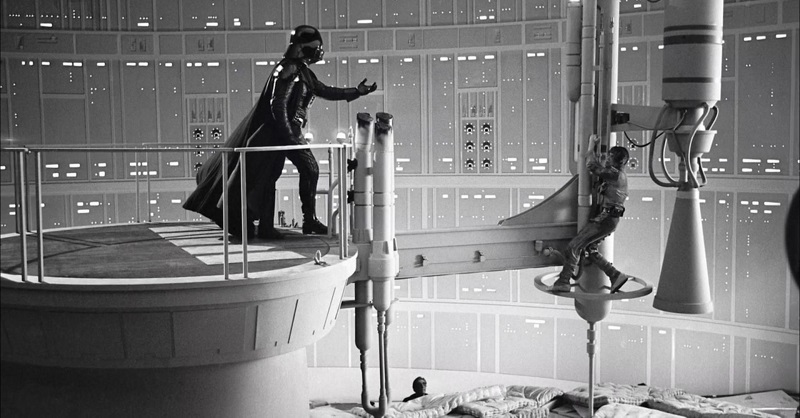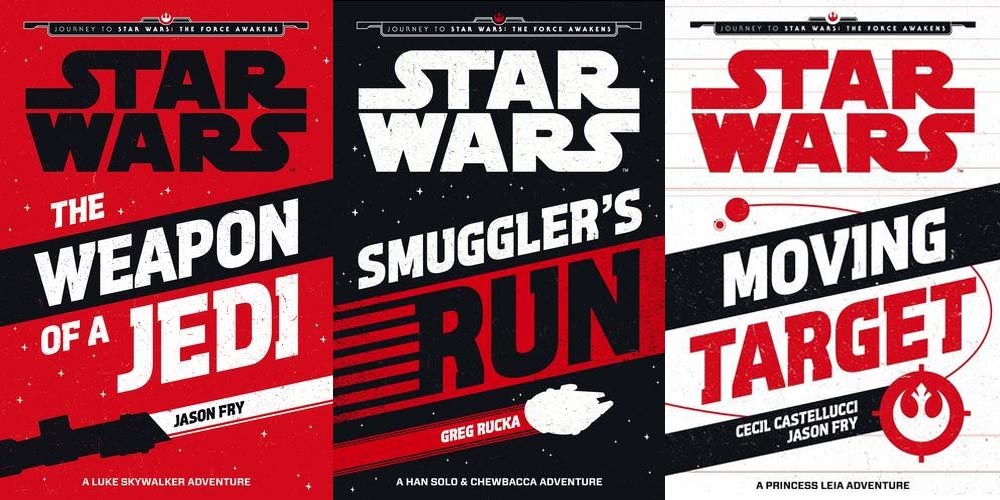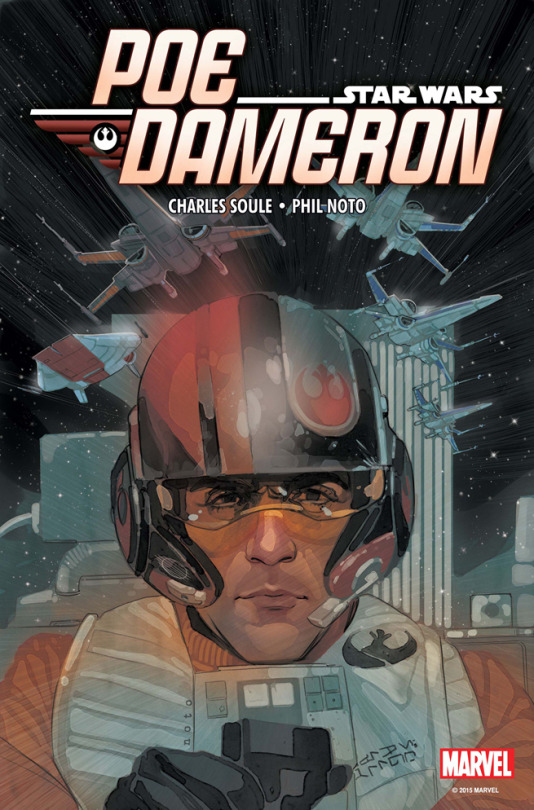 So, I’m not seeing The Force Awakens yet but am very much interested in the Poe Dameron series, why? Surely, the very act of being interested in such a comic indicates cognitive dissonance at work in my psyche? I say I’m not seeing TFA yet am intrigued by a comic featuring one of its characters? I suppose I could blame Before the Awakening. I did pre-buy that way before the film came out and was stuck with it. But, I haven’t yet found a duff story written by Rucka and so it proved to be so three times over with that book! In this case, I have no such excuse – so why do it?
So, I’m not seeing The Force Awakens yet but am very much interested in the Poe Dameron series, why? Surely, the very act of being interested in such a comic indicates cognitive dissonance at work in my psyche? I say I’m not seeing TFA yet am intrigued by a comic featuring one of its characters? I suppose I could blame Before the Awakening. I did pre-buy that way before the film came out and was stuck with it. But, I haven’t yet found a duff story written by Rucka and so it proved to be so three times over with that book! In this case, I have no such excuse – so why do it?
Let’s consider a tale of taxation. Yea, I refer to the now infamous opening scrawl of The Phantom Menace. Taxes? That’s never going to work as a Star Wars story, no one is going to care about taxes. And that was the view for a while, then a year or so after the film came out, a book called Cloak of Deception was published. A prequel to a prequel, it actually took that nonsensical scrawl and brought order to its chaos. Luceno would go on to do two more books in a similar vein and each aided the main story being told by the films.
Going further back, there is the little matter of how the fan base for Wedge Antilles was tapped to end up with an entire line of stories – ten-to-fourteen books, depending on how you count them and a thirty-five-odd-issue comic run are very respectable stats for what are minor characters. They are also, in the majority of cases, Force-less. What made the X-Wing series sing more than anything else was a downplaying of the Force and the mystical powers it grants. Instead the flying skills of Wedge and Tycho – and later, the deadly Baron Soontir Fel – were portrayed as superb fast thinking combined with equally skilled three-dimensional situational awareness. There’s a great section in I, Jedi, where one of the exceedingly few Force-sensitive pilots, Corran Horn, sims against Tycho Celchu. Horn taps into the Force pre-cognitive ability but finds it is of limited use because Tycho’s adaptive abilities are too damn fast. Sure, Horn can tell what Tycho might do, but at any one time, Tycho’s also running a slew of contingency options, any one of which he can go for. Horn only just won, and only by resorting to the Force. Read More
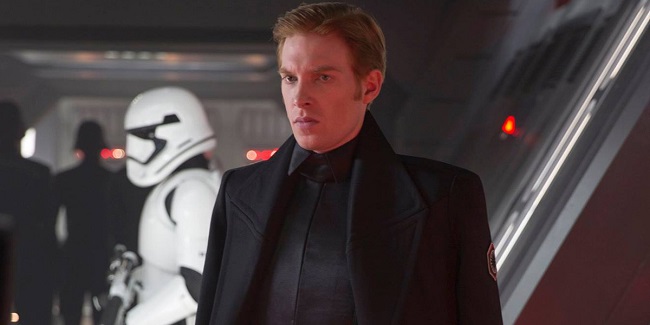
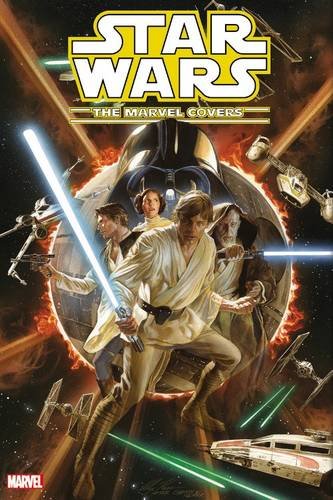 With the first salvo of the trade collections of Marvel’s Star Wars material now out, it’s an excellent opportunity to kick off a new series that takes an askew look at the trades. This inaugural edition will be looking at Star Wars: Volume 1: Skywalker Strikes, Darth Vader: Volume 1: Vader, Princess Leia, Kanan: Volume 1: The Last Padawan, Shattered Empire and Star Wars: The Marvel Covers: Volume 1.
With the first salvo of the trade collections of Marvel’s Star Wars material now out, it’s an excellent opportunity to kick off a new series that takes an askew look at the trades. This inaugural edition will be looking at Star Wars: Volume 1: Skywalker Strikes, Darth Vader: Volume 1: Vader, Princess Leia, Kanan: Volume 1: The Last Padawan, Shattered Empire and Star Wars: The Marvel Covers: Volume 1.